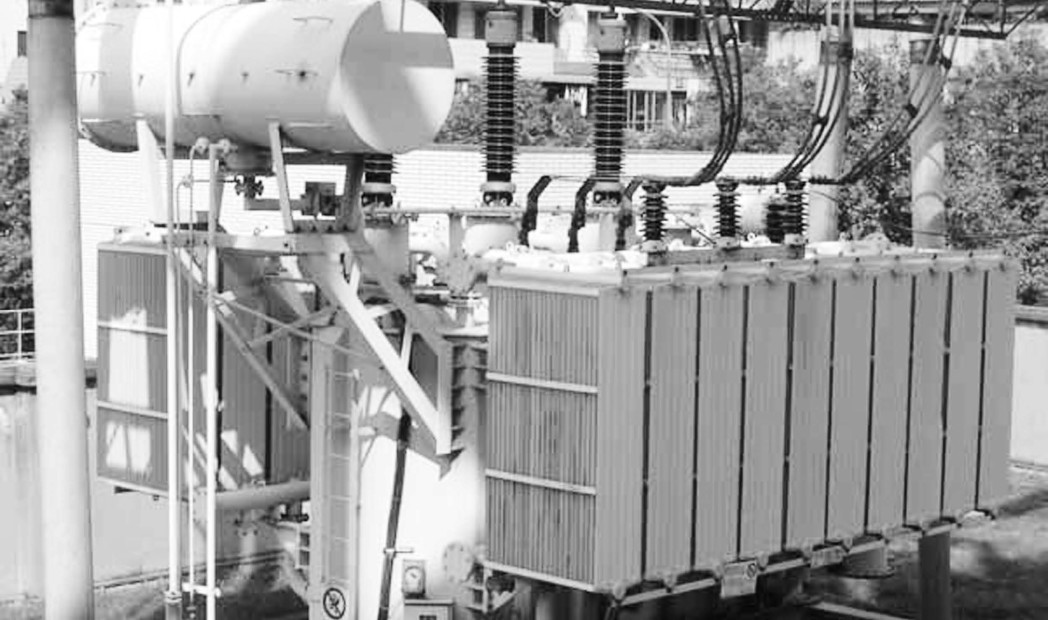- TCN Workers Vow to Resist Power Transmission Shutdown
Workers at the Transmission Company of Nigeria on Wednesday vowed to maintain stiff resistance against the move by the Trade Union Congress to shutdown the electricity transmission arm of the country’s power sector.
It was observed on Wednesday at the headquarters of the TCN in Abuja that employees of the transmission company had been on the alert since Monday after members of the TUC stormed the various offices of the TCN in many parts of the country to halt operations at the firms.
The Chairman, Senior Staff Association of Electricity and Allied Companies, TCN Branch, Abidemi Dairo, told our correspondent that although he and some other employees of TCN sustained injury during the picketing of their office by TUC members, workers at the transmission company would not be deterred in resisting plans to halt power transmission.
“Yes, I was injured when they (TUC) came to picket our headquarters as well as other stations on Monday. But what I want you to know is that we will continue to mount stiff resistance to such actions that aim to shutdown our operations,” he said.
The National President of TUC, Bobboi Kagama, had led members of the union to picket the transmission company in Abuja on Monday.
Kagama stated that the labour union decided to shut down the country’s transmission company because for some time now, workers of the firm had been subjected to inhumane treatment by their management.
He stated that despite the interventions of labour, the TCN management had continued to disregard the Nigerian workers at the firm, adding that the TUC would not accept such unwholesome acts against staff by the transmission company.
The TUC alleged that the Managing Director of TCN, Usman Mohammed, was an agent of foreign donors and on a mission to wind down the transmission company’s operation as a government-owned firm by planning to downgrade and reduce the number of regions of the company.
“He (Mohammed) started by seeking to compromise union leaders in the sector that have opposed his rascality and refused his offers,” Kagama stated.
He said it was on that note that the TUC directed its members to solidarise with the workers and ensure a total shutdown of electricity transmission across the federation through the picketing of TCN offices nationwide on Monday.
On Monday that the TUC asked Nigerians to look for alternative power source beginning from Tuesday, following the union’s plan to shut down the electricity transmission arm of the power sector.
But Dairo refuted the claims of the TUC president and stated that “all the allegations against TCN management, as made by the TUC, are false.”
He added, “It is unfortunate that the TUC president is being fed with wrong information about the happenings here in TCN and we have approached him several times to try and make him understand that there is no disharmony in the transmission company and, as such, there is no need to shut down the company.”
Also, the TCN described the protest and planned shutdown of its operations by the TUC as ill-motivated, stressing that it was wrong for the labour union to claim that there was industrial disharmony in the transmission company.
The General Manager, Public Affairs, TCN, Ndidi Mbah, told our correspondent that there was no iota of truth in the statement credited to the labour union that there was industrial unrest in the company.
The transmission company stated that “TUC was ill-informed by Chris Okonkwo, the current president of the Senior Staff Association of Electricity and Allied Companies, having lost the support of TCN staff in his bid to use the association to advance his selfish interest.”
It added, “TCN management believes that the TUC, unknown to the union, is being used by unpatriotic elements. The TUC, as a law-abiding organisation, is expected to find out why Okonkwo could not secure the support of TCN staff, the NUEE (National Union of Electricity Employees) or SSAEAC TCN Branch before accepting to lead the picketing of TCN.”
TCN stated that it was unfortunate that the union picketed the transmission company despite being served an order from the Industrial Court of Nigeria in suit No. NICN/ABJ/121/2019, which restrained the TUC “from picketing or any industrial action, or further industrial action against the claimant pending the hearing and determination of the Motion on Notice.”

 Naira4 weeks ago
Naira4 weeks ago


 Naira4 weeks ago
Naira4 weeks ago


 Naira3 weeks ago
Naira3 weeks ago


 News4 weeks ago
News4 weeks ago
 Travel4 weeks ago
Travel4 weeks ago




 Naira4 weeks ago
Naira4 weeks ago


 Jobs3 weeks ago
Jobs3 weeks ago
 Naira3 weeks ago
Naira3 weeks ago


















